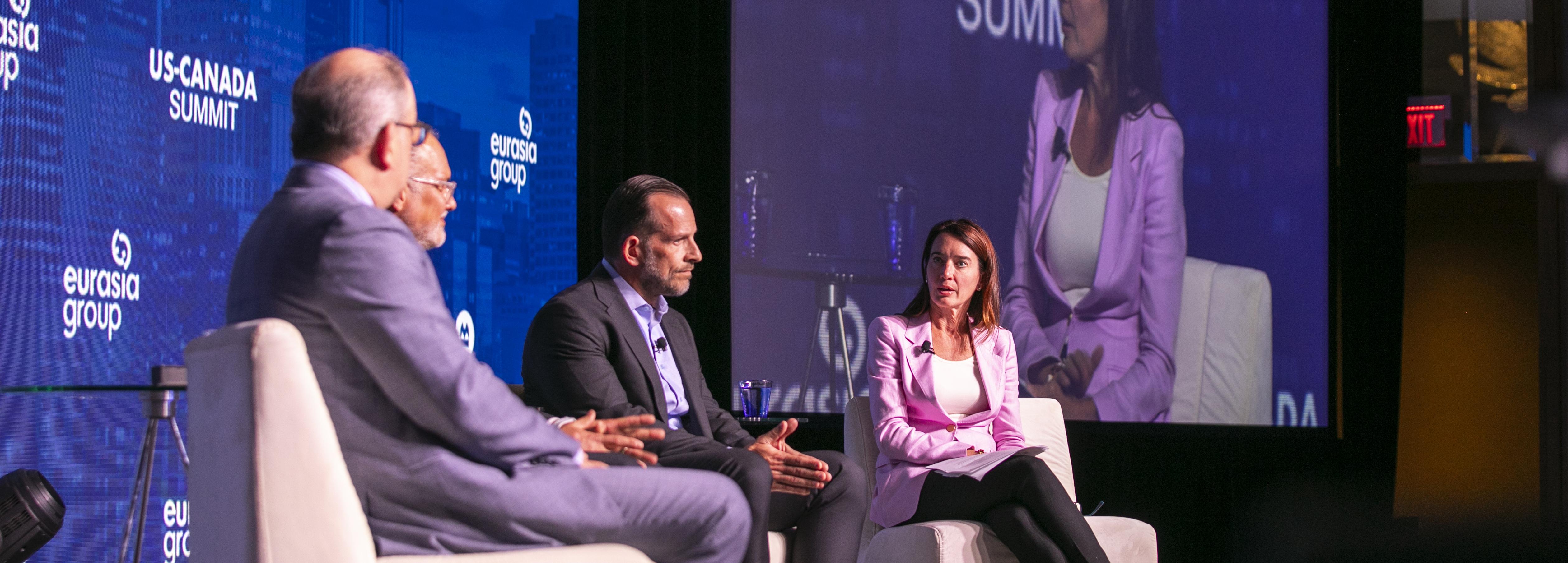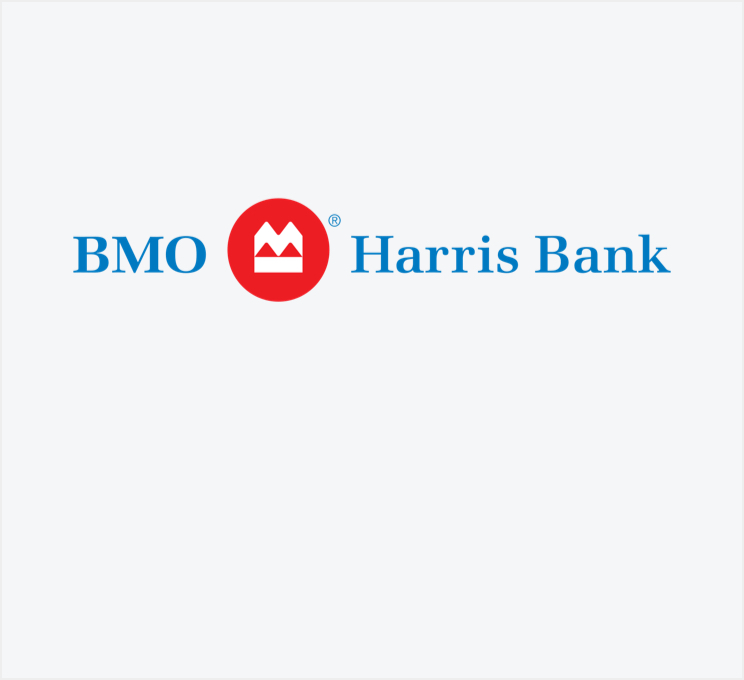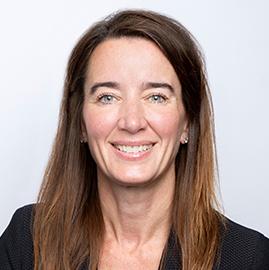
How Private Equity is Adapting to Shifting Market Dynamics
-
bookmark
-
print
Private equity investors are cautiously optimistic about North American markets after a tough past few years. Despite enduring a slew of macroeconomic challenges and a high interest rate environment, there is a growing sense that investors and businesses are adapting to these changing markets.
This shift could lead to more deals in the year ahead, which was the focus of the panel discussion I led, “The Power of Positive Thinking: The Outlook for Private Equity,” at the second annual US-Canada Summit hosted by BMO and Eurasia Group.
Our panel of experts included:
-
Jonathan Hausman, Chief Strategy Officer, Ontario Teachers’ Pension Plan
-
Martin Longchamps, Executive Vice-President and Head of Private Equity, CDPQ
-
Mark Weinberg, Partner, Head of Private Equity, 26North
Here are some of the key takeaways from our conversation:
Leading the acceleration
While the Bank of Canada and the European Central Bank have eased rates in recent weeks, Jonathan Hausman from Ontario Teachers’ told the audience that we shouldn’t expect “a dramatic reduction in interest rates.”
With the pandemic’s ultra-low rates and an abundance of liquidity now behind us, firms are using different tools than they have in the past to get deals going again. That includes carve-outs, continuation vehicles and profit sharing with employees, among other options. In addition, he suggested there will be a consolidation of large private equity firms, while ticket sizes will get larger due to the added risk in the market.
Martin Longchamps of CDPQ shared Hausman’s positive view of what’s ahead, saying he’s “pretty optimistic that the market is going to come back.” He pointed to the fact that “the debt market is roaring” both because of the private debt markets and the banks lending again. With a lot of dry powder in the market, he thinks there will be “a significant uptick in M&A in the next six months to the next year.”
What’s yet to come is a narrowing in the bid-ask spread. Longchamps added that private equity players don’t like to sell their companies at a discount, but they still need buyers to come closer to asking prices. Since there hasn’t been a recession, companies have grown into their valuations over the past couple of years. That should make them more attractive than they would have been perhaps two years ago when everything was selling at a premium.
It’s only a matter of time – perhaps after the U.S. election in November – before the spread will narrow and the market will move again, said Longchamps. “We’re going to see a significant uptick in M&A because the LPs who invest in GPs want their money back.”
Managing in challenging markets
Since launching in Fall 2022, 26North has raised roughly $22 billion in capital across private equity, credit and insurance. Key to 26North’s strategy is philosophical and economic alignment, said 26North Head of Private Equity Mark Weinberg. He noted that the firm’s partners have committed significant personal capital to the firm’s strategies.
26North sees ample opportunity in the middle and upper middle market, particularly as other alternatives firms have gotten larger. They also see opportunities in Canada.
According to Weinberg, generating alpha in the current environment favors value investors and firms experienced in underwriting cash flow, and creating value through complex transaction types such as corporate carve-outs, distressed investing, partnerships, or identifying businesses not fully appreciated by the market. With multiple expansion under pressure, “operationally-oriented investing is probably more important than ever,” Mark explained. “Helping companies you’re invested in increase their margins and pursue a vision – rather than just squeezing costs – is key.”
Hausman stated that because both the abundance of capital and a hyper-globalized economy no longer exist, firms must have the right skills to manage a more challenging and complex global environment of internationally optimized tax, labor and regulatory issues.
Multiple expansion is under pressure, so increasing margins is required. You also have to be able to help the companies you invest in take advantage of global digitization, such as finding ways to use technologies like artificial intelligence (AI) and managing climate change by making a serious commitment to being part of the transition to the low-carbon economy. Those attributes matter as value drivers and those companies will be more attractive to buyers at a higher price.
Understanding market disruptors
Private debt has grown exponentially over the past decade, and “frankly, it’s going to continue gaining share,” Longchamps told the audience.
Another market disruptor is AI. Not only are private equity firms starting to use AI within their own operations to increase productivity – Hausman said his company is using it at his firm – but they are looking at the companies they’ve invested in to see how they can use it to improve their businesses and “leapfrog” ahead in their industries.
Considering ESG
Longchamps said ESG considerations are highly important for CDPQ. “It goes first and foremost with the conviction that we have as an organization and how we apply it to our investments. We’re trying to raise the bar through the funds and the businesses that we invest in. For example, on the social side, we would refuse to invest in a company that doesn’t pay its fair share of taxes.”
Hausman echoed those sentiments, adding that you need to have quantifiable measures and a specific set of criteria to apply to your investment principles. Many people think if you follow ESG investing principles, “you have to take a hit on returns,” but you don’t. Often, a company that focuses on ESG differentiates itself from its competitors and creates greater value.
“We’re not going to take a hit on returns; that is against our obligation,” he said. “What we found is that when we invest in a company, the impact it makes actually creates a larger moat and creates greater value.”

How Private Equity is Adapting to Shifting Market Dynamics
Head, Global Investment & Corporate Banking
Carrie Cook joined BMO Capital Markets as Global Head of Investment & Corporate Banking (I&CB) in April 2024. Prior to her career at BMO, Carrie ha…
Carrie Cook joined BMO Capital Markets as Global Head of Investment & Corporate Banking (I&CB) in April 2024. Prior to her career at BMO, Carrie ha…
VIEW FULL PROFILE-
Minute Read
-
Listen
Stop
-
Text Bigger | Text Smaller
Private equity investors are cautiously optimistic about North American markets after a tough past few years. Despite enduring a slew of macroeconomic challenges and a high interest rate environment, there is a growing sense that investors and businesses are adapting to these changing markets.
This shift could lead to more deals in the year ahead, which was the focus of the panel discussion I led, “The Power of Positive Thinking: The Outlook for Private Equity,” at the second annual US-Canada Summit hosted by BMO and Eurasia Group.
Our panel of experts included:
-
Jonathan Hausman, Chief Strategy Officer, Ontario Teachers’ Pension Plan
-
Martin Longchamps, Executive Vice-President and Head of Private Equity, CDPQ
-
Mark Weinberg, Partner, Head of Private Equity, 26North
Here are some of the key takeaways from our conversation:
Leading the acceleration
While the Bank of Canada and the European Central Bank have eased rates in recent weeks, Jonathan Hausman from Ontario Teachers’ told the audience that we shouldn’t expect “a dramatic reduction in interest rates.”
With the pandemic’s ultra-low rates and an abundance of liquidity now behind us, firms are using different tools than they have in the past to get deals going again. That includes carve-outs, continuation vehicles and profit sharing with employees, among other options. In addition, he suggested there will be a consolidation of large private equity firms, while ticket sizes will get larger due to the added risk in the market.
Martin Longchamps of CDPQ shared Hausman’s positive view of what’s ahead, saying he’s “pretty optimistic that the market is going to come back.” He pointed to the fact that “the debt market is roaring” both because of the private debt markets and the banks lending again. With a lot of dry powder in the market, he thinks there will be “a significant uptick in M&A in the next six months to the next year.”
What’s yet to come is a narrowing in the bid-ask spread. Longchamps added that private equity players don’t like to sell their companies at a discount, but they still need buyers to come closer to asking prices. Since there hasn’t been a recession, companies have grown into their valuations over the past couple of years. That should make them more attractive than they would have been perhaps two years ago when everything was selling at a premium.
It’s only a matter of time – perhaps after the U.S. election in November – before the spread will narrow and the market will move again, said Longchamps. “We’re going to see a significant uptick in M&A because the LPs who invest in GPs want their money back.”
Managing in challenging markets
Since launching in Fall 2022, 26North has raised roughly $22 billion in capital across private equity, credit and insurance. Key to 26North’s strategy is philosophical and economic alignment, said 26North Head of Private Equity Mark Weinberg. He noted that the firm’s partners have committed significant personal capital to the firm’s strategies.
26North sees ample opportunity in the middle and upper middle market, particularly as other alternatives firms have gotten larger. They also see opportunities in Canada.
According to Weinberg, generating alpha in the current environment favors value investors and firms experienced in underwriting cash flow, and creating value through complex transaction types such as corporate carve-outs, distressed investing, partnerships, or identifying businesses not fully appreciated by the market. With multiple expansion under pressure, “operationally-oriented investing is probably more important than ever,” Mark explained. “Helping companies you’re invested in increase their margins and pursue a vision – rather than just squeezing costs – is key.”
Hausman stated that because both the abundance of capital and a hyper-globalized economy no longer exist, firms must have the right skills to manage a more challenging and complex global environment of internationally optimized tax, labor and regulatory issues.
Multiple expansion is under pressure, so increasing margins is required. You also have to be able to help the companies you invest in take advantage of global digitization, such as finding ways to use technologies like artificial intelligence (AI) and managing climate change by making a serious commitment to being part of the transition to the low-carbon economy. Those attributes matter as value drivers and those companies will be more attractive to buyers at a higher price.
Understanding market disruptors
Private debt has grown exponentially over the past decade, and “frankly, it’s going to continue gaining share,” Longchamps told the audience.
Another market disruptor is AI. Not only are private equity firms starting to use AI within their own operations to increase productivity – Hausman said his company is using it at his firm – but they are looking at the companies they’ve invested in to see how they can use it to improve their businesses and “leapfrog” ahead in their industries.
Considering ESG
Longchamps said ESG considerations are highly important for CDPQ. “It goes first and foremost with the conviction that we have as an organization and how we apply it to our investments. We’re trying to raise the bar through the funds and the businesses that we invest in. For example, on the social side, we would refuse to invest in a company that doesn’t pay its fair share of taxes.”
Hausman echoed those sentiments, adding that you need to have quantifiable measures and a specific set of criteria to apply to your investment principles. Many people think if you follow ESG investing principles, “you have to take a hit on returns,” but you don’t. Often, a company that focuses on ESG differentiates itself from its competitors and creates greater value.
“We’re not going to take a hit on returns; that is against our obligation,” he said. “What we found is that when we invest in a company, the impact it makes actually creates a larger moat and creates greater value.”
2024 US-Canada Summit
PART 1
Darryl White & Ian Bremmer on the Importance of the US-Canada Relationship
Darryl White June 24, 2024
Darryl White, CEO of BMO Financial Group, and Ian Bremmer, President and Founder of Eurasia Group and GZERO Media sat down to discuss the &…
PART 2
Top Leaders Speak to the North American Advantage at the US-Canada Summit
June 24, 2024
During the 2024 US-Canada Summit that we hosted with Eurasia Group, we sat down with top leaders to discuss the importance of the US-Canada…
PART 3
The US-Canada Partnership: North America’s Economic Outlook
June 24, 2024
The US-Canada economic relationship is responsible for millions of jobs and generates billions in trade. Against this backdrop, the USMC…
PART 5
The Future of Work in North America: Reskilling and Upskilling
Mona Malone June 24, 2024
The nature, culture and meaning of work are undergoing a dynamic transformation: automation, digitization and the advent of generative arti…
PART 6
BMO Experts at the 2024 US-Canada Summit
June 24, 2024
The 2024 US-Canada Summit featured senior decision makers from government, the private sector and society at large, and explored how to bet…
PART 7
U.S.-Canada Summit Welcome Remarks
Darryl White June 13, 2024
This is Year two of BMO’s partnership with the Eurasia Group, and I am pleased to welcome all of you here this morning to our U.S.&nd…
PART 8
The Globe and Mail: For Canada and its U.S. trade relationship, complacency equals sleepwalking
Darryl White June 06, 2024
This first published in The Globe and Mail on June 5, 2024, authored by Darryl White, CEO of BMO Financial Group and Ian Bremmer,…
You might also be interested in
The Globe and Mail: For Canada and its U.S. trade relationship, complacency equals sleepwalking
Private Equity Finds Comfort Amid Uncertainty in Agribusiness Sector
Inaugural BMO Obesity Summit Focuses on Therapeutics and Combating a Growing Epidemic
Private Equity Is Still in Risk-on Mode, but It’s Picking Its Spots
Infrastructure is Key to a Competitive Market in North America – US-Canada Summit

BMO Hosts World-Leading Farm to Market Conference for 16th Consecutive Year
BMO Capital Markets to host 2020 Prescriptions for Success Healthcare Virtual Conference













